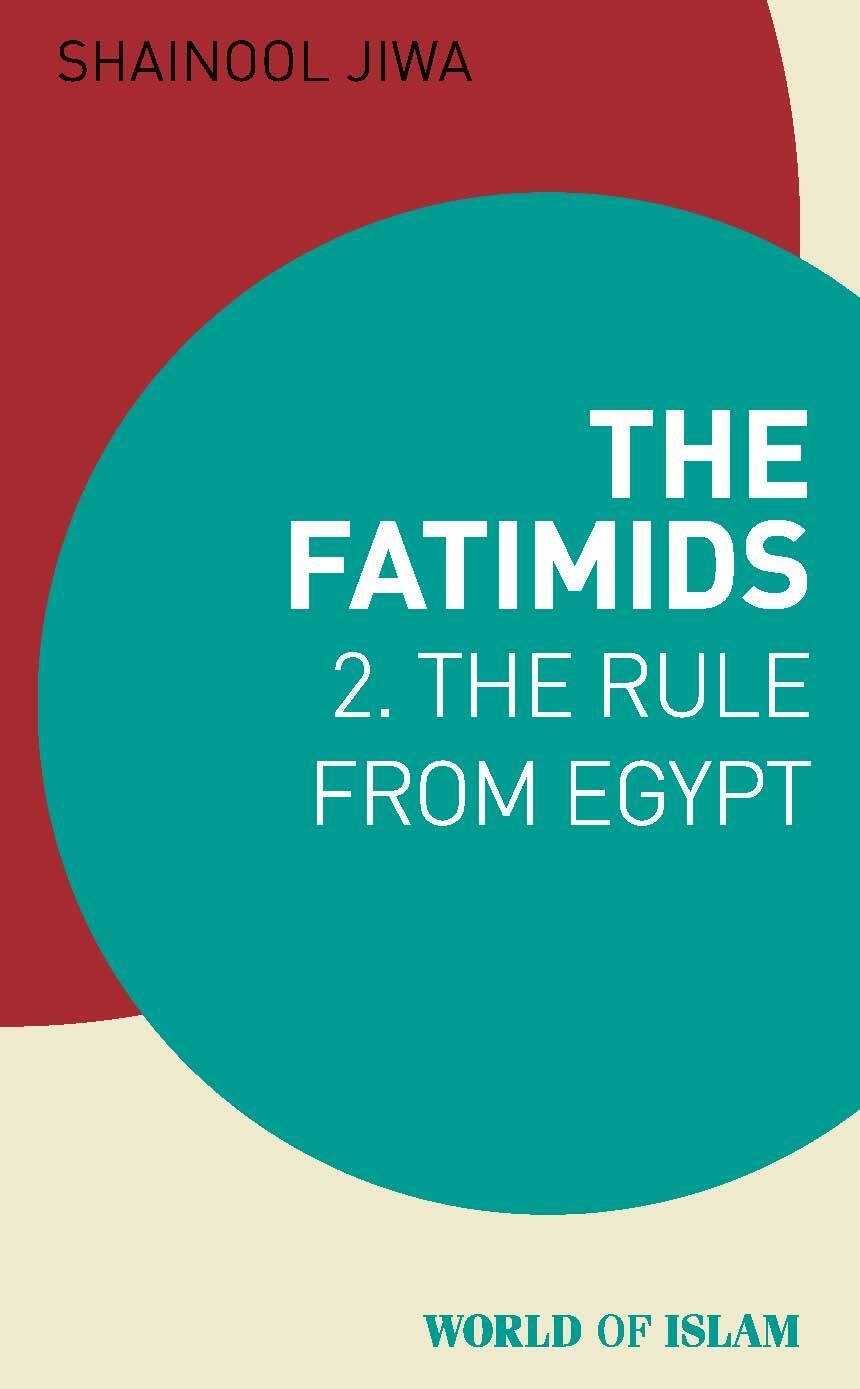One of most prosperous and influential dynasties of the Muslim world, the FatimidsMajor Muslim dynasty of Ismaili caliphs in North Africa (from 909) and later in Egypt (973–1171) More (909–1171) were distinguished by their Imam-caliphs, who asserted spiritual as well as political authority in direct descent from the family of the Prophet. Their conquest of Egypt in 969 marked the inception of a burgeoning Mediterranean empire. From there, they refined their systems of administration, judiciary, and governance, instilling principles of inclusion which contributed to stability during their caliphateThe Muslim political institution or state centred around the caliph, which came to an end, historically, in 1924 with the disappearance of the Ottoman Empire.. Fatimid Cairo flourished as a vibrant cultural and intellectual centre through patronage of the arts, architecture, and scholarship.
This book continues the story of the Fatimids from their newly founded capital of Cairo. Introducing the figures who moulded the empire, Shainool Jiwa charts the Fatimid expansion, the reasons behind its ultimate fall by the hand of Saladin, and the legacy that continues with the living Ismaili communities today. This lively and engaging work, including maps and colour images, draws on a broad range of primary sources to lead readers through two centuries that witnessed the triumphs and trials of the only sustained Shi‘i caliphate to rule across the medieval Islamic world.
Acknowledgements
Note on the Text
Introduction
1. The Arrival of the Fatimids in Egypt
2. The Genesis of Fatimid Rule in Egypt
3. Towards an Inclusive Empire
4. The Composition of the State
5. Science and Scholarship in the City Victorious
6. The Empire of the Seas
7. The Fluctuations of Fatimid Rule
8. Late Fatimid Egypt and the Heirs of Empire
Conclusion: Glimpses of the Fatimid Legacy
Glossary
Notes
Further Reading
List of Illustrations
Index
“the various aspects of Fatimid history are explained clearly, vividly, and precisely … Jiwa offers an excellent synthesis very well suited to her book’s role as an introductory work, whilst containing many observations and insights that will be of interest to academic audiences.”
– Nicholas Morton, Islam and Christian–Muslim Relations
“The Author, one of the leading historians of Ismaʿilism, has managed to write a book with a strictly scientific approach and methodology, very erudite and rich in details … but, at the same time, fully readable by the general public.”
– Carmela Baffioni, Annali Sezione Orientale
“an excellent work that narrates Fātimid history in Egypt through analysis of original source texts, art and architecture, and political and religious study. The author’s clear and concise writing … and ease of reading elicit an understanding from both specialists and non-specialists alike” –Gregory Bilotto, Al-Masāq, Journal of the Medieval Mediterranean
Shainool Jiwa is a Senior Research Fellow at the Institute of Ismaili Studies and has lectured and published on Fatimid studies for over three decades. She has published The Fatimids 1: The Rise of a Muslim Empire (2018) and co-edited The Shi‘i World: Pathways in Tradition and Modernity (2015) and The Fatimid Caliphate: Diversity of Traditions (2017) as well as translating key medieval Arabic texts relating to Fatimid history. She holds a PhD from the University of Edinburgh.

